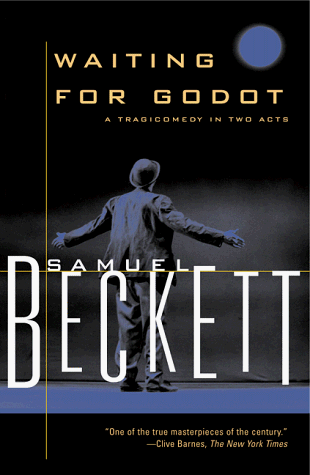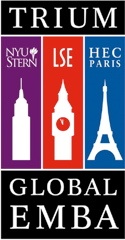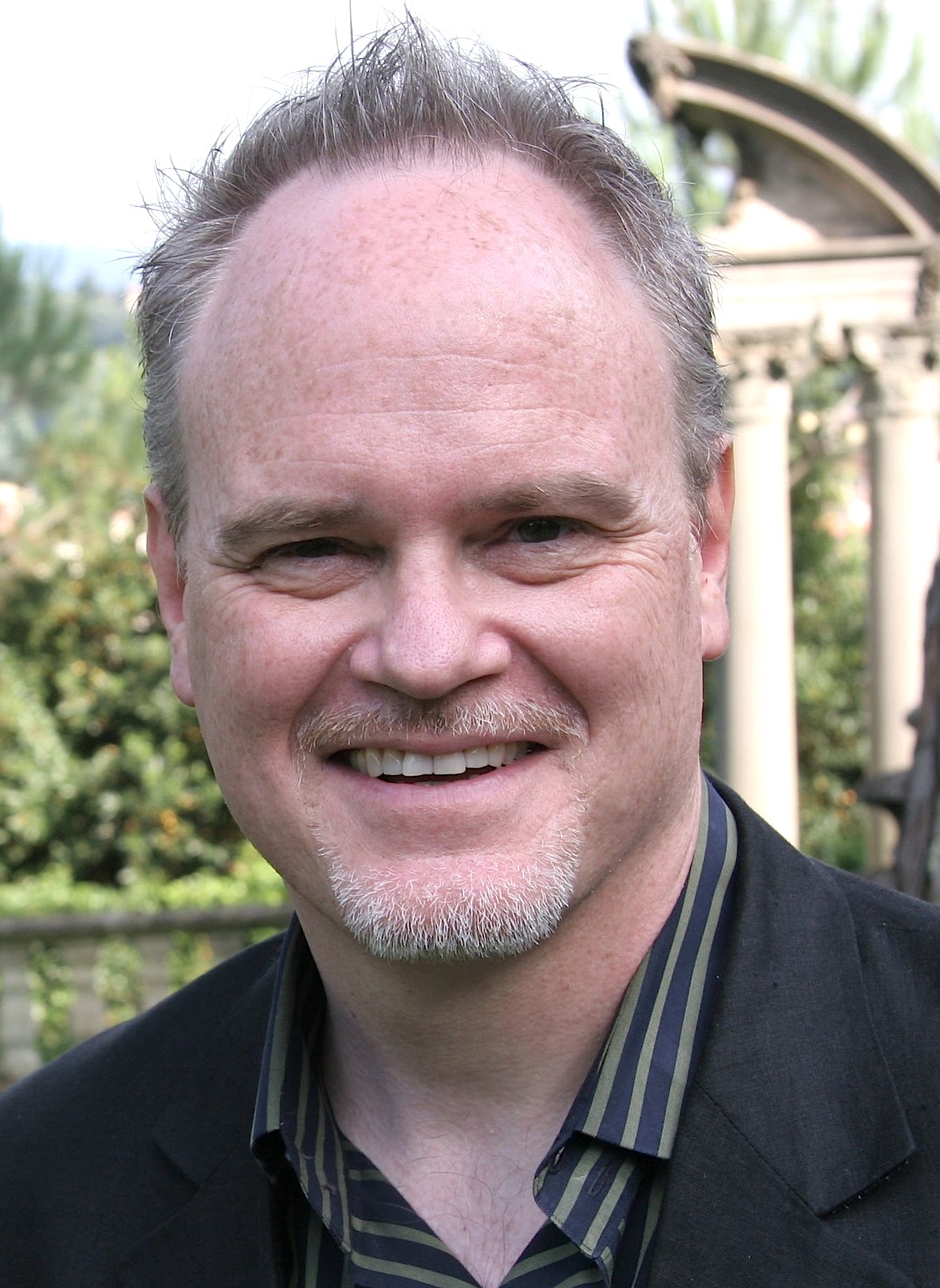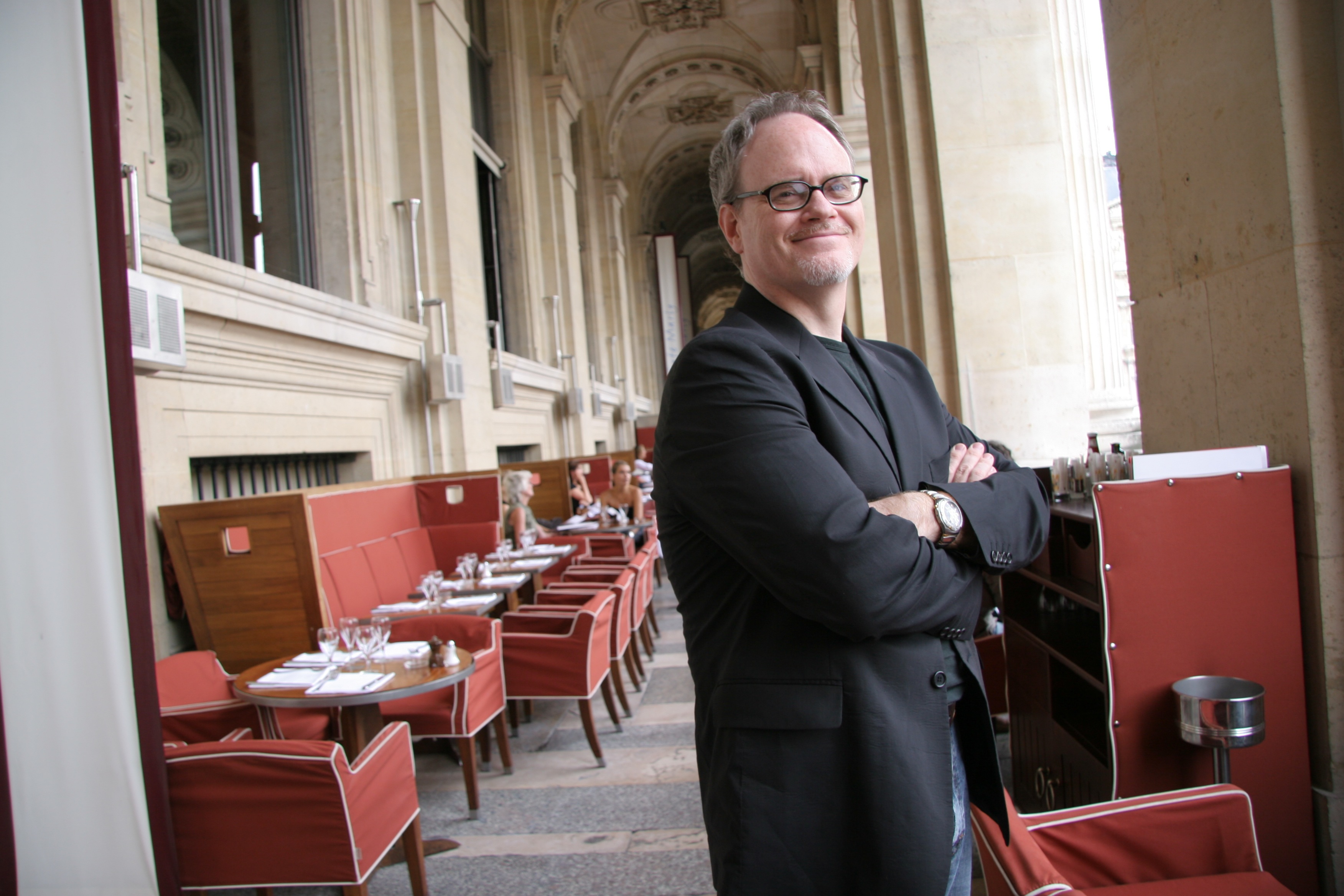people you will love to meet: michael thomas
 Friday, September 11, 2009 at 1:57PM
Friday, September 11, 2009 at 1:57PM 
Taming and riding the bucking bronco of the customer ecosystem is not for the faint of heart. Enter Michael Thomas.
Michael is the national president of the CRM Association of America and worked on the social media strategy for Neighborhood America, after co-founding CRM Essentials with nationally-renowned CRM expert Brent Leary, with whom he is great friends. [You can read more about Michael on LinkedIn here, or at his site here.]
Now a Social CRM consultant at New Fire Social Media, he is working with partners and clients to leverage one of the biggest trends in customer management: the power of people connected by technologies, common causes and mighty rivers of information (and misinformation).
1. How do you know me?
 MT: Through the CRM Association, where we've both served in executive roles, along with great people like my friends and colleagues Paul Greenberg and Brent Leary, as well as Michael Maoz of Gartner, Bob Thompson, Ginger Cooper ... the list goes on and on. We're the only national association dedicated to customer management topics and trends.
MT: Through the CRM Association, where we've both served in executive roles, along with great people like my friends and colleagues Paul Greenberg and Brent Leary, as well as Michael Maoz of Gartner, Bob Thompson, Ginger Cooper ... the list goes on and on. We're the only national association dedicated to customer management topics and trends.
PW: Yes, the CRM Association has been a great platform for focusing vendors, thought leaders and consultants, in my view. What you've done at the organization has been to solidify some partnerships and to professionalism in the sector. And I think what the Atlanta chapter has done is remarkable - the conferences have been incredibly well-attended, by all the right people, and with great speakers and sessions.
MT: That's nice of you to say, and you're right, the Atlanta chapter is really vibrant and we're proud to have them in the association, along with our other chapters on the West coast and the Midwest. It takes a lot of hard work by a lot of people, but the results are gratifying.
2. What kind of impact do you want to make through your work?
 Michael is a social media expert. And as an expert, he has his own avatar. If you think this is a little strange, then you've got some catching up to do. MT: People come to me when they're not sure of the direction they want to go in. I want to give credible, insightful advice about what needs to get done, and why.
Michael is a social media expert. And as an expert, he has his own avatar. If you think this is a little strange, then you've got some catching up to do. MT: People come to me when they're not sure of the direction they want to go in. I want to give credible, insightful advice about what needs to get done, and why.
3. What's the most beautiful or exciting thing you have done or produced?
Three incredibly wonderful kids who are genuinely good people.
4. If you work best in small groups, tell me about a small group you've worked with successfully, how people contributed to the work, and the product of that work.
MT: Smaller groups let me get targeted help from specific talents. Small groups encourage people to express and leverage each other's strengths, and so they can be really powerful.
 One of Michael's favorites is a theater of the absurd piece considered one of the greatest works of the 20th century.
One of Michael's favorites is a theater of the absurd piece considered one of the greatest works of the 20th century.
PW: Yes, I find that smaller groups let even the quieter participants (the Myers-Brigg introverts) participate because they don't get squashed by the sheer number and noise of the extraverts.
MT: Smaller groups can really come together. I am a big picture guy who can articulate the "so what", but I always need the talents of people who can break it down and execute the details. In small groups, the power is just easier to access.
5. If you work best in large groups, tell me about the secrets to getting these groups to work together, and describe a memorable product of that work.
Bigger groups require a different kind of leadership from me. It's about displaying passion and motivating people. Understanding, respecting and recognizing everyone's contribution keeps projects moving forward because it keeps people dedicated to the process.
6. Talk about any or all of these that matter to you: exercise, music, art, travel, friends, weekends, your inspirations, your pet peeves.
Exercise is very important to me. It's my solace, my motivation. I have run marathons and triathlons. It all helps me understand the role that mental and physical fitness plays in my life.
Music is the great equalizer, isn't it? And my musical taste spans through so many genres. I was in music growing up and was blessed to have teachers, parents and friends who opened my eyes to the infinite beauty of music.
Friends are vital, absolutely necessary to my spirit. But on the weekends, I love being with my family. They inspire me.
My pet peeve? Close-minded people who try to impose their beliefs on others.
7. What's the biggest threat to the world today?
Ignorance and apathy. Did I say that clearly enough?
8. What's the greatest hope for our world today?
Children and how we guide them.
9. Do you have a favorite TED video?
I've got to check out TED! I'll get back to you.
10. Books or movies that influenced you before you turned 20; between 20 and 30; most recently.
 "Waiting for Godot," and Sidney Poitier's book, "The Measure of a Man: A Spiritual Autobiography." And I love Poitier's movies.
"Waiting for Godot," and Sidney Poitier's book, "The Measure of a Man: A Spiritual Autobiography." And I love Poitier's movies.
I love reading about the Vietnam conflict and I have such feelings for both sides and how so many deaths were senseless. We tend to repeat history.
11. Name one of my LinkedIn contacts you'd most like to meet.
So many! But I would start with Daniela Guido [PW: Daniela's LinkedIn profile is here]. Social Influence Marketing is the craze!







